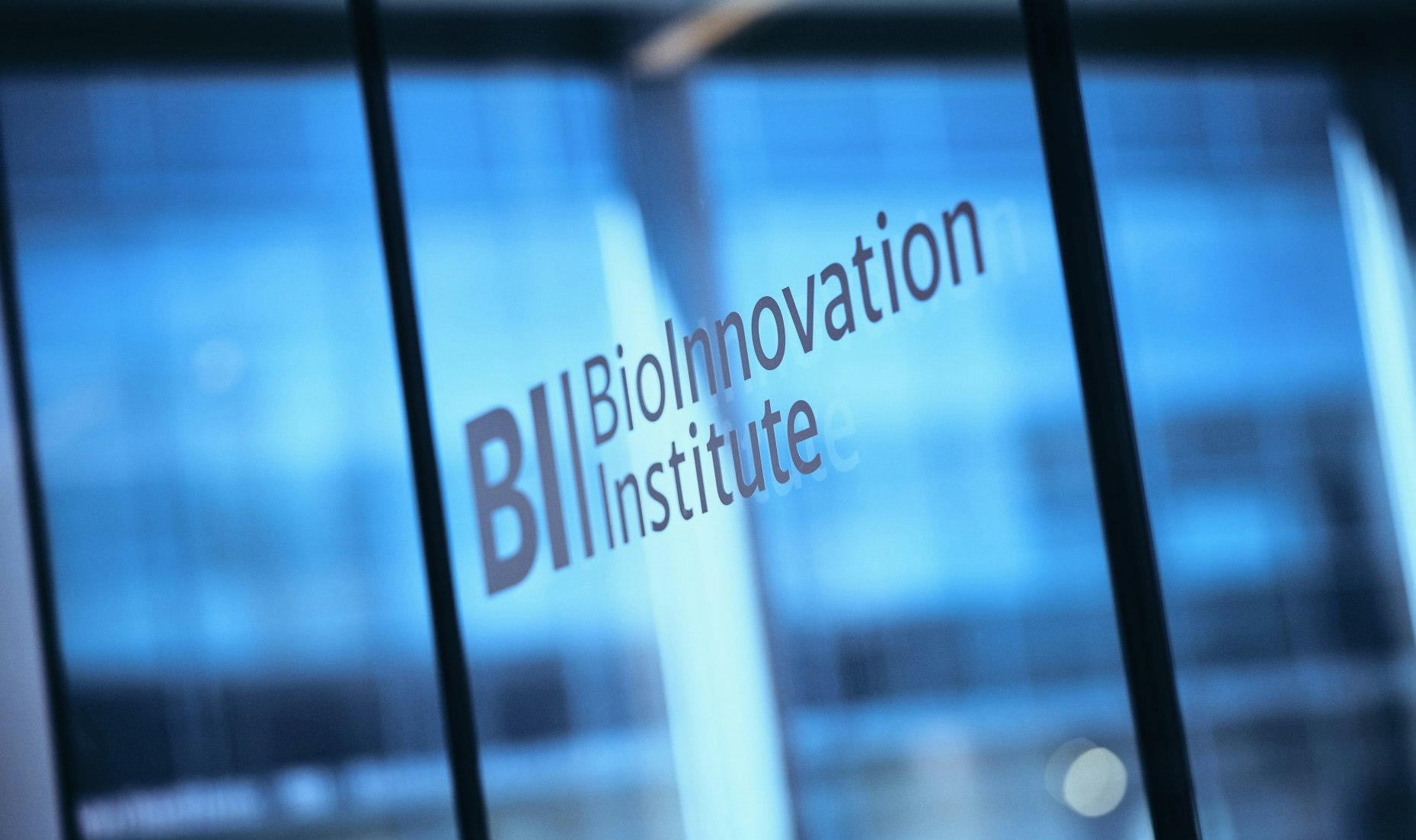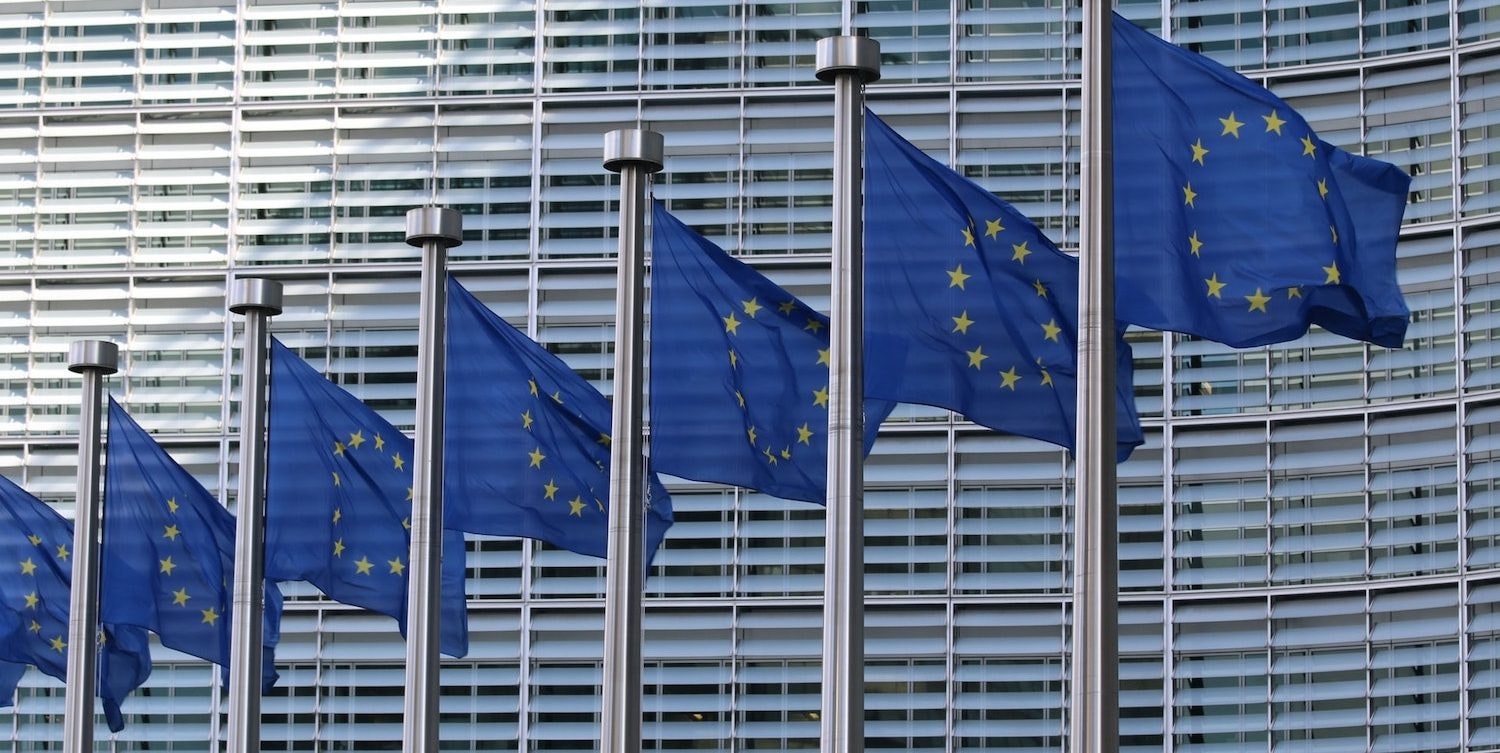On Tuesday, German politicians announced that they hope to pour €12bn into the country’s startup scene by 2030 to provide more growth capital to startups and strengthen the German economy.
The so-called WIN Initiative, which was announced earlier this year, is set to mobilise money from public and private capital sources such as Deutsche Bank, Allianz, Commerzbank, Deutsche Telekom, AXA Deutschland and insurance companies such as HUK Coburg.
At the Startup Germany summit, a declaration of intent was signed by all parties supporting the initiative, including 20 corporations such as BlackRock and Deutsche Börse, and Chancellor Olaf Scholz himself.
Politicians clarified how the €12bn which has been committed from the various supporters will be spent.

Unlike in the US, private capital sources in Germany such as insurance companies and pension funds have traditionally been shy to invest in venture capital, affecting the availability of capital for startups at the later stages. The WIN-Initiative hopes to change that track record.
“The commitments from business show that the willingness to invest is there. It’s up to us to set the right framework conditions so that the economic turnaround occurs,” said Christian Lindner, Germany’s federal minister for finance, in a statement.
“Only if we manage to mobilise more private capital, can we create additional growth. What we don’t need is more and more subsidies and economic decisions driven by politics.”
The WIN-initiative is composed of a 10-point masterplan, which includes measures to foster more cooperation between universities, investors and companies; create financing solutions for FOAKs; improve framework conditions for IPOs and exits; and strengthen the secondary market for VC-LP fund shares.
More capital to startups
The economic downturn has been tough on Germany. Last year, the country was named “the sick man of Europe” for the second time (the first was in 1996) by an article in The Economist. It was also the only advanced economy to have negative GDP growth in 2023.
The startup sector has been under similar pressure; this year, no unicorns have been created in Germany.
The federal government has made several attempts over the last few years to make more capital available to startups, but a financing gap remains, especially at the later stages, said Verena Pausder, chairperson of the German Startup Association, in a statement.
The later stage gap is not just a Germany problem: US VCs participate in many of Europe’s largest late stage deals (Series C-D). In the first half of this year, US VCs participated in a third of Europe’s growth rounds, worth €6.6bn, according to PitchBook data.
Growth capital is key to ensure that companies can scale in Germany, and don’t flee to other continents such as the US or Asia to grow their businesses.
“The WIN initiative specifically addresses the (growth financing) problem and is an important step in the right direction. It has the potential to be a real game changer — similar to what France managed with the Tibi initiative,” adds Pausder, referring to the French government’s Tibi programme, which saw institutional investors direct over €6bn towards the tech ecosystem between 2020 and 2022; and aims to get LPs to commit €7bn to the startup ecosystem in its next phase.
“This is the only way Germany can strengthen its innovative power and secure prosperity in the future. WIN should be the starting signal for a comprehensive financing offensive.”



